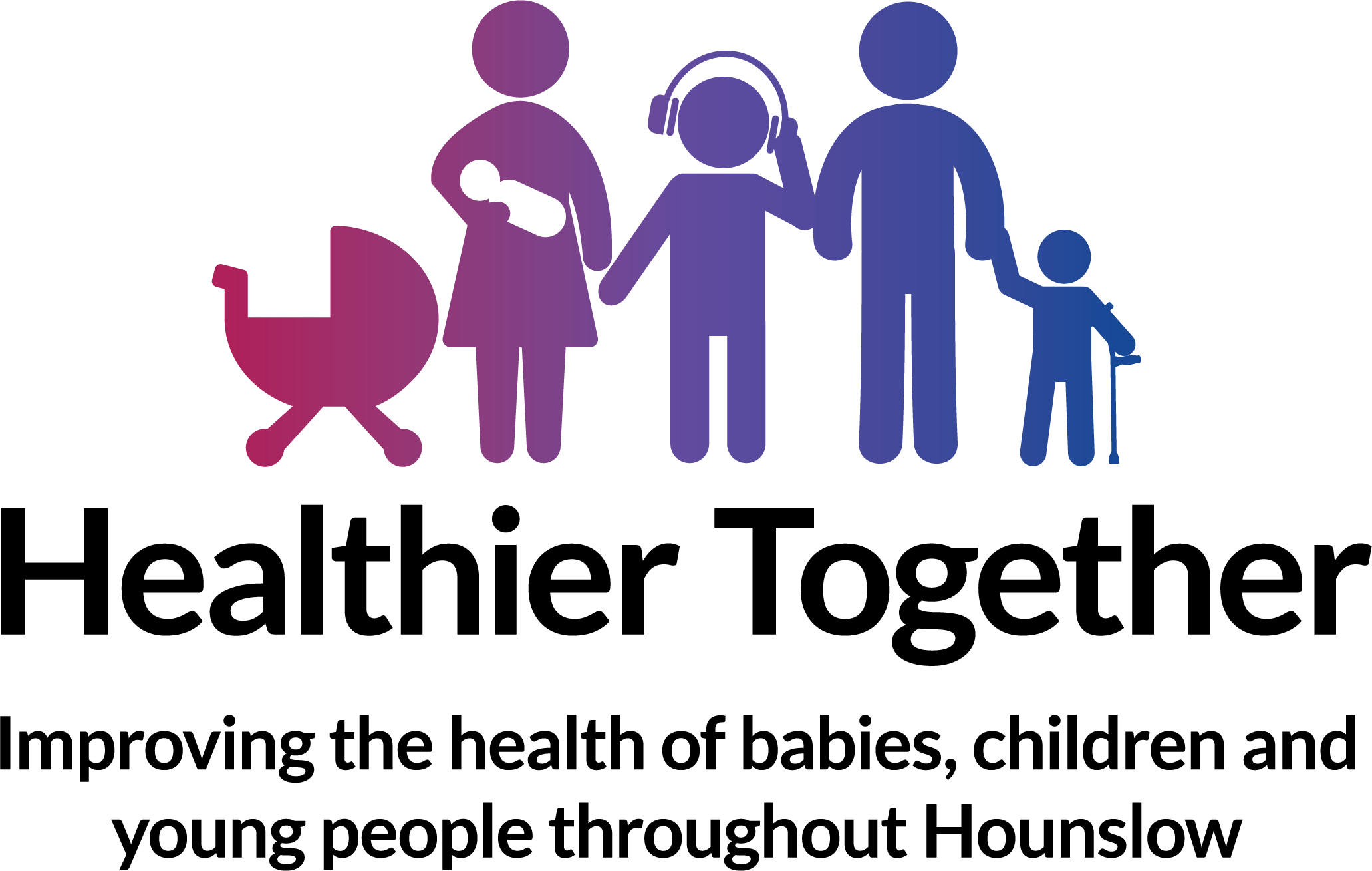Oral health for toddlers and pre-schoolers
Key health professionals involved here are:
- Nursery nurses
- Early years staff
- Teaching staff.
Toothbrushing
Key messages:
- Brush all the surfaces of the teeth and gum line in small circles for around two minutes, twice a day - just before bedtime and at another time that fits in with your routine
- Children under three should use a smear of toothpaste containing no less than 1000ppm of fluoride
- Children aged three and over should use a pea-sized amount of toothpaste containing more than 1000ppm of fluoride
- Use a toothpaste containing 1350ppm to 1500ppm of fluoride for maximum prevention. Most ‘own brand’ supermarket toothpastes are suitable and more affordable
- Spit out the toothpaste and do not rinse!
- Brush all the surfaces of the teeth. The parent/carer should sit the child on their lap or stand behind them and cradle the child’s head while brushing
- Persevere even if the child is uncooperative. Brushing with fluoride toothpaste is more important than a good toothbrushing technique!
- Each family member should have their own toothbrush to stop the spread of germs.
Linked resources:
- Visit Brush DJ - The toothbrushing app
-
Watch the 'How to care for the teeth of children aged 0-3' video with Dr Ranj and Supertooth! (CBeebies presenter)
Diet:
Key messages:
- Foods that are high in sugar and fat will provide extra energy but few nutrients
- High sugar intakes often lead to tooth decay and can lead to obesity in children
- It is important to avoid giving your child frequent sugary drinks, snacks or sweets to protect their teeth and overall health.
- If you want to give them something sugary, it is best to limit these to twice per week or at mealtimes.
- Always ask for sugar-free medicines.
Linked resources:
- Sugar: the facts - visit the Eat Well website
- The Eatwell Plates below show you what proportion of your food needs to come from each food group:



- Healthy Eating Right from the Start video (from Henry).
- The Food Scanner app can help you check how much sugar your family is having.
Visiting the dentist:
Key Messages
-
Children should visit the dentist when their first tooth appears, or by their first birthday
-
Regular visits help children get familiar with the environment - new places can sometimes feel scary for little ones, so talking about it or reading books about going to the dentist can be useful
-
Be positive about the visit, and make it fun! Try to avoid making comments like “I hated the dentist” or “The dentist is scary”- children can be influenced by this negativity
- The dentist can paint fluoride varnish on children’s teeth to protect them from tooth decay. All children over three should have it applied at least twice a year, and it may also be used for younger children at high risk of tooth decay. Parents/carers should ask their dentist about fluoride varnish.


Linked resources:
Hounslow Oral Health Promotion Team offer range of tailored educational oral health programmes and materials aimed for children, families, educational settings, and health professionals. Some of the programmes offered are:
- ‘How to Brush’ supervised tooth brushing in schools and nurseries
- Fluoride varnish school dental programme for children aged 4-7 years old
- Parents and carers oral health and healthy eating workshops
- SEN schools’ oral health parent/teacher workshops and ‘How to brush’ programme for children
- Training all front-line staff working with children to be ‘Tooth Champions’ and providing them with tools and materials to enable them to spread the key oral health messages
-
Hounslow Zoom Meetings. For the next Hounslow Zoom events, please contact the OHP Team.
-
Contact Details:
- Put your postcode into this website to find a dentist
- Check to see if you are entitled to free NHS dental treatment
-
SEN Resources
There are many organisations offering information online, this is a selection that we have found useful.
toothPASTE Oral health resources to support the oral health of autistic children.To find out more click here
British Society for Disability and Oral Health
Oral Health Foundation: Dental Care for People with Special Needs
NHS UK: Dental Treatment for People with Special Needs
Documents
![]() BSPD - Advice for parents of children with autism
BSPD - Advice for parents of children with autism
![]() Oral Health Aids and Resources for Special Needs - Information for Parents and Carers
Oral Health Aids and Resources for Special Needs - Information for Parents and Carers


